Are you looking for Best Payment Gateways in the USA? If Yes, then You are at right place.
In 2025, customer expectations around payments are higher than ever before. People want to make purchases quickly, securely, and using their preferred payment method. The rise of subscription services, digital marketplaces, mobile commerce, and international sales means that businesses need flexible and reliable tools to manage these transactions.
A modern payment gateway provides much more than just basic payment processing. It offers features like fraud detection, recurring billing, multi-currency support, and real-time analytics. It also helps businesses stay compliant with financial regulations, manage disputes, and protect against cyber threats.
In an increasingly competitive digital space, the right payment gateway can give businesses an edge by improving customer experience, increasing conversion rates, and supporting long-term growth. In this article, We’ll leanrn about Top 10 Best Payment Gateways in the USA.
What are Payment Gateways?
A payment gateway is a service that processes digital transactions by acting as a secure bridge between the customer’s payment method (like a credit card or a digital wallet) and the business’s bank account. It validates the transaction, encrypts sensitive payment information, and ensures that the funds are transferred safely and correctly. In simpler terms, when a customer makes a payment online or in-store, the payment gateway ensures that the money moves from the customer to the merchant without any problems.
These gateways support a range of payment types including credit cards, debit cards, ACH transfers, mobile payments, and even cryptocurrencies in some cases. Without a payment gateway, businesses wouldn’t be able to accept digital payments, making them essential for any company that sells products or services online or across borders.
Why Payment Gateways Matter in 2025
In 2025, customer expectations around payments are higher than ever before. People want to make purchases quickly, securely, and using their preferred payment method. The rise of subscription services, digital marketplaces, mobile commerce, and international sales means that businesses need flexible and reliable tools to manage these transactions. A modern payment gateway provides much more than just basic payment processing.
It offers features like fraud detection, recurring billing, multi-currency support, and real-time analytics. It also helps businesses stay compliant with financial regulations, manage disputes, and protect against cyber threats. In an increasingly competitive digital space, the right payment gateway can give businesses an edge by improving customer experience, increasing conversion rates, and supporting long-term growth.
Why Do We Need Payment Gateways in the USA?
The United States has one of the most advanced and diverse payment systems in the world. From traditional banking cards to mobile wallets like Apple Pay and Google Pay, customers in the US have a wide range of choices when it comes to making payments. At the same time, businesses must follow strict regulations around data security and financial transactions, including PCI-DSS compliance. A good payment gateway ensures that all these expectations are met.
It enables US businesses to accept payments from local and international customers while offering fast processing times, secure transactions, and reliable customer support. For businesses operating in the US, using a trusted payment gateway is not just a convenience, it’s a necessity for building customer trust and ensuring smooth financial operations.
If your business also operates in Europe or plans to expand, be sure to check out our article on the Best Payment Gateways in Germany to explore reliable options for the German market.
Current Payment Solution Landscape in the USA
The payment ecosystem in the US is rich and varied, with numerous players offering different solutions based on business needs. Global giants like Stripe, PayPal, and Square dominate the market due to their versatility and brand reputation. Meanwhile, niche providers like Helcim and WePay offer competitive features for specific types of businesses, such as small startups or platforms with complex payment needs.
The rise of digital wallets, contactless payments, and alternative financing options like “buy now, pay later” (BNPL) also reflects how quickly the US payment space is evolving. In such a landscape, businesses must be proactive in selecting payment gateways that align with their specific goals, industries, and customer bases.
Additionally, the increasing interest in cryptocurrencies is giving rise to a new segment of payment solutions. If you’re exploring this direction, don’t miss our detailed article on the Best Crypto Payment Gateways in the USA to see how your business can start accepting Bitcoin, Ethereum, and other digital currencies safely and efficiently.
Criteria to Look Out for in Payment Gateways in the USA
- Security Features: SSL encryption, PCI-DSS compliance, fraud protection
- Ease of Integration: APIs, plugins for e-commerce platforms, mobile SDKs
- Transaction Fees: Setup costs, monthly charges, per-transaction fees
- Customer Support: 24/7 assistance, tech support, documentation
- Payment Methods Supported: Credit cards, debit cards, ACH, wallets
- Global Support: Multi-currency and international transactions
- Speed of Settlement: Time it takes to transfer funds to the merchant account
Top 10 Best Payment Gateways in the USA
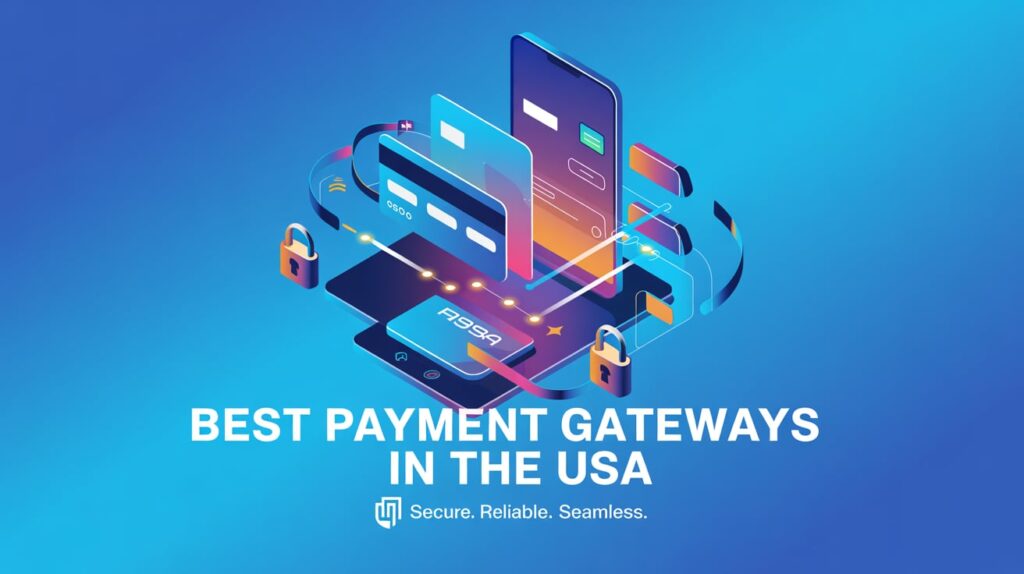
Here are the Top 10 best payment gateways in the usa and the popular payment gateways in usa.
1. Stripe
Stripe is one of the most popular payment gateways globally, and it’s particularly strong in the US market. It’s known for being developer-friendly and highly customizable, making it ideal for tech companies and startups.
It supports over 135 currencies and payment methods, including credit cards, wallets, ACH, and even crypto. With Stripe, businesses can build advanced billing systems, handle global payments, and access detailed analytics. However, beginners might find it a bit technical to set up. Still, its transparent pricing and powerful features make it a top choice.
Features:
- Developer-friendly APIs
- Recurring billing and subscriptions
- Real-time fraud detection
Pros:
- Easy to customize
- Supports over 135 currencies
- Transparent pricing
Cons:
- Can be complex for beginners
- Customer support can be slow at times
Best For: Startups, SaaS businesses, and developers
2. PayPal
PayPal is one of the most trusted names in digital payments. It’s easy to set up and allows customers to pay using their PayPal balance, cards, or linked bank accounts. It also supports Venmo, “Pay Later” options, and international payments. With millions of users in the US, customers are more likely to complete their purchases if PayPal is available. However, transaction fees can be higher compared to other gateways.
Features:
- Easy integration with major platforms
- One-click checkout
- Accepts Venmo, Pay Later, and more
Pros:
- High customer trust
- Widely accepted
- No monthly fees
Cons:
- High transaction fees
- Limited customization
Best For: Small to mid-sized businesses and freelancers
3. Square
As one of the oldest and most reliable payment gateways, Authorize.Net provides secure and stable payment solutions. It supports credit cards, ACH payments, e-checks, and recurring billing. It also has advanced fraud detection tools. While the interface may feel outdated, it’s a trusted choice for established businesses that need consistency and strong customer service.
Features:
- All-in-one POS and payment gateway
- Inventory and staff management
- Offline payments support
Pros:
- User-friendly interface
- Great for brick-and-mortar stores
- Free POS system
Cons:
- Limited international availability
- Not ideal for high-risk industries
Best For: Retail stores, restaurants, and small businesses
4. Authorize.Net
As one of the oldest and most reliable payment gateways, Authorize.Net provides secure and stable payment solutions. It supports credit cards, ACH payments, e-checks, and recurring billing. It also has advanced fraud detection tools. While the interface may feel outdated, it’s a trusted choice for established businesses that need consistency and strong customer service.
Features:
- Recurring billing
- Advanced fraud detection
- Virtual terminal
Pros:
- Trusted and reliable
- Supports ACH and e-checks
- Excellent security features
Cons:
- Monthly gateway fee
- Interface feels outdated
Best For: Established businesses needing stability and security
5. Braintree
Braintree, a PayPal service, is perfect for businesses that need flexibility and international support. It allows users to accept a variety of payment methods including cards, PayPal, Apple Pay, Google Pay, and more. It also offers great mobile optimization and recurring billing. While it’s more complex than basic solutions, it’s a strong option for scaling businesses.
Features:
- Owned by PayPal
- Multi-currency and mobile support
- Built-in fraud tools
Pros:
- Easy PayPal integration
- Great mobile experience
- Detailed reporting
Cons:
- Can be too complex for small businesses
- Pricing is not as transparent
Best For: Businesses targeting international customers
6. Amazon Pay
Amazon Pay makes it easy for customers who already have an Amazon account to check out on other websites. The familiar interface and saved information reduce friction during checkout, improving conversion rates. It’s mobile-friendly and integrates well with e-commerce platforms. However, it only targets Amazon users, which may limit its effectiveness.
Features:
- Seamless checkout for Amazon users
- Mobile-optimized
- Alexa payment support
Pros:
- Familiar interface for customers
- Fast checkout process
- Trusted brand
Cons:
- Limited to Amazon customers
- Fewer customization options
Best For: E-commerce websites and merchants with Amazon shoppers
7. Adyen
Adyen is a global payment gateway known for offering a unified platform for online, in-store, and mobile payments. It supports a wide variety of local and international payment methods and provides advanced analytics and fraud protection. Adyen is ideal for large enterprises but may be too complex for small businesses.
Features:
- Global reach with local payment methods
- Real-time analytics
- Unified platform
Pros:
- Scalable and flexible
- Omnichannel support
- Strong fraud prevention
Cons:
- Requires some technical knowledge
- Not ideal for very small businesses
Best For: Enterprises and businesses with global audiences
8. 2Checkout (now Verifone)
2Checkout, now part of Verifone, offers a simple, global-friendly platform for digital and subscription-based businesses. It supports over 45 payment methods and integrates with more than 100 shopping carts. It’s ideal for SaaS and e-commerce companies that sell worldwide. However, some users report account holds and slightly higher transaction fees.
Features:
- Supports global payments
- Recurring billing
- Easy integration with over 100 shopping carts
Pros:
- International coverage
- Flexible pricing models
- Simple interface
Cons:
- Some complaints about account holds
- Slightly higher fees
Best For: SaaS, digital goods, and international businesses
9. WePay
WePay is a payment gateway designed for platforms like crowdfunding sites, marketplaces, and online service providers. It offers white-label solutions, allowing businesses to put their own branding on the payment process. It’s backed by JPMorgan Chase, ensuring strong banking support. Still, it’s less recognized than others and may not suit standalone e-commerce shops.
Features:
- White-label payment solution
- Instant onboarding
- Integrated fraud tools
Pros:
- Custom branding
- Quick setup
- Ideal for platforms and marketplaces
Cons:
- Not as well-known
- Customer support can be hit or miss
Best For: Platforms, marketplaces, and crowdfunding sites
10. Helcim
Helcim is a transparent, affordable payment gateway designed for small and medium-sized businesses. It offers interchange-plus pricing with no hidden fees and includes tools like invoicing, inventory tracking, and CRM features. It’s ideal for budget-conscious businesses looking for quality and value.
Features:
- Transparent interchange-plus pricing
- Invoicing and CRM tools
- No monthly fees
Pros:
- Great value for money
- Built-in tools for small businesses
- Low-cost processing
Cons:
- Not suitable for high-risk merchants
- Requires a US or Canadian business
Best For: Small to medium businesses with a focus on savings
How to Choose the Best Payment Gateway in the USA?
Choosing the right payment gateway requires a strategic approach rather than just picking the most popular name. Here’s a step-by-step breakdown to guide you:
1. Start by Analyzing Your Business Needs
Think about the nature of your business. Are you selling digital products, physical goods, subscriptions, or services? Do you need to accept payments in multiple currencies? Will you be doing in-person sales or just online? The answers to these questions help narrow down your choices. For example, a subscription business may need recurring billing tools, while a retailer may need point-of-sale (POS) support.
2. Compare Features and Pricing
Not all gateways charge the same way. Some have a flat transaction fee, others use tiered or interchange-plus pricing. Also, compare setup fees, monthly fees, refund fees, and chargeback fees. Don’t forget to look at features like fraud detection, customer support availability, chargeback protection, mobile optimization, and analytics. A gateway with slightly higher fees but better security and support may save you money in the long run.
3. Look at Customer Reviews and Case Studies
Real user feedback offers valuable insights into how a payment gateway performs in real-world situations. Look at online reviews, YouTube demos, or case studies to see how businesses like yours are using the gateway. Pay attention to issues around reliability, ease of use, customer service, and account holds or freezes.
4. Ensure PCI Compliance and Strong Security
Security is non-negotiable. Any payment gateway you choose must be PCI-DSS compliant to ensure the secure processing of cardholder data. Look for features like tokenization, fraud detection, 3D Secure, and SSL encryption. A secure payment gateway not only protects your customers but also builds trust and credibility for your brand.
5. Choose One That Scales as You Grow
Think long-term. Even if your business is small now, it may grow rapidly in the future. Choose a payment gateway that offers scalable features like international support, multiple user accounts, and integration with enterprise-level software. It’s better to grow into a system than to outgrow one and have to start over.
Key Factors to Consider When Choosing a Payment Gateway in the USA
When choosing a payment gateway in the US, it’s important to take a step back and evaluate your business needs from multiple angles. Here are some of the key factors to consider:
1. Business Type and Size
The nature and size of your business play a big role in determining the best payment gateway for you. A small online store might prefer a plug-and-play solution like PayPal or Square because they are easy to set up and don’t require a lot of technical work. On the other hand, a large e-commerce business or SaaS company may need more advanced features like customizable APIs, global support, and recurring billing, which can be found in Stripe or Braintree. Some gateways are designed for specific industries too—for example, Helcim is known for its affordability for small service businesses, while Adyen is favored by enterprise-level companies with global operations.
2. Transaction Volume
Your average monthly or annual transaction volume affects both pricing and the reliability you’ll need. If you process a high volume of transactions, look for a gateway that offers volume-based discounts or lower transaction fees. Some gateways offer custom pricing for businesses processing large amounts every month. On the other hand, if you’re just starting out and processing a few hundred dollars a month, a gateway with no monthly fees and pay-as-you-go pricing may suit you better. Make sure you also understand the settlement time—how quickly the funds reach your account—especially if cash flow is tight.
3. International vs Domestic Focus
Do you serve mostly US customers, or do you plan to sell globally? Some payment gateways, like Square, are more focused on the US market and might not support international currencies or cards. Others, like Stripe, Adyen, and 2Checkout, offer excellent global coverage with support for dozens of currencies and payment methods. If you’re selling across borders, it’s important to have a gateway that can handle international fraud prevention, currency conversion, and compliance with different regulations.
4. Customer Preferences
Always consider how your customers prefer to pay. In the US, most consumers use credit and debit cards, but mobile wallets like Apple Pay and Google Pay are rapidly growing in popularity. Some customers might also prefer paying with PayPal or want the convenience of “buy now, pay later” (BNPL) services. The more payment options you offer, the better your chances of closing the sale. Choose a gateway that supports a wide variety of payment methods and provides a smooth, fast checkout experience—especially on mobile devices.
5. Tech Capabilities (APIs, Plugins, Integrations)
If you’re a tech-savvy business or have a development team, choosing a gateway with strong APIs and developer tools can give you a lot of flexibility. You can build custom checkout flows, automate billing, integrate analytics, or connect your payment system with inventory and CRM software. Stripe is a great example of a gateway with excellent developer tools. However, if you don’t have technical expertise, opt for gateways that offer pre-built plugins for platforms like Shopify, WooCommerce, BigCommerce, or Wix. Ease of integration saves time and reduces setup errors.
Advantages & Disadvantages of Payment Gateways in the US
Advantages:
- Secure and fast transactions
- Accept multiple payment methods
- Automates financial processes
- Builds customer trust
- Helps expand globally
Disadvantages:
- Can have high fees
- Some have complicated setup
- Risk of account holds
- Limited support for high-risk businesses
FAQs
What is the Most Popular Payment Gateway in the US?
Stripe and PayPal are among the most widely used due to their features and ease of use.
Can Small Businesses Use Payment Gateways?
Yes, many gateways like Square and Helcim are ideal for small businesses.
Are Payment Gateways Safe to Use?
Yes, as long as they are PCI-DSS compliant and use encryption.
Do I Need a Merchant Account to Use a Payment Gateway?
Some gateways require it (like Authorize.Net), while others (like Stripe) bundle it together.
What is the Difference Between a Payment Processor and a Gateway?
A gateway collects and transmits payment data, while a processor handles the transaction behind the scenes.
Conclusion
Choosing the right payment gateway in the US can greatly impact your business’s efficiency and customer satisfaction. In 2025, businesses need secure, flexible, and scalable solutions more than ever. Whether you’re just starting out or managing an enterprise, this list offers some of the best options to help you grow confidently and securely.
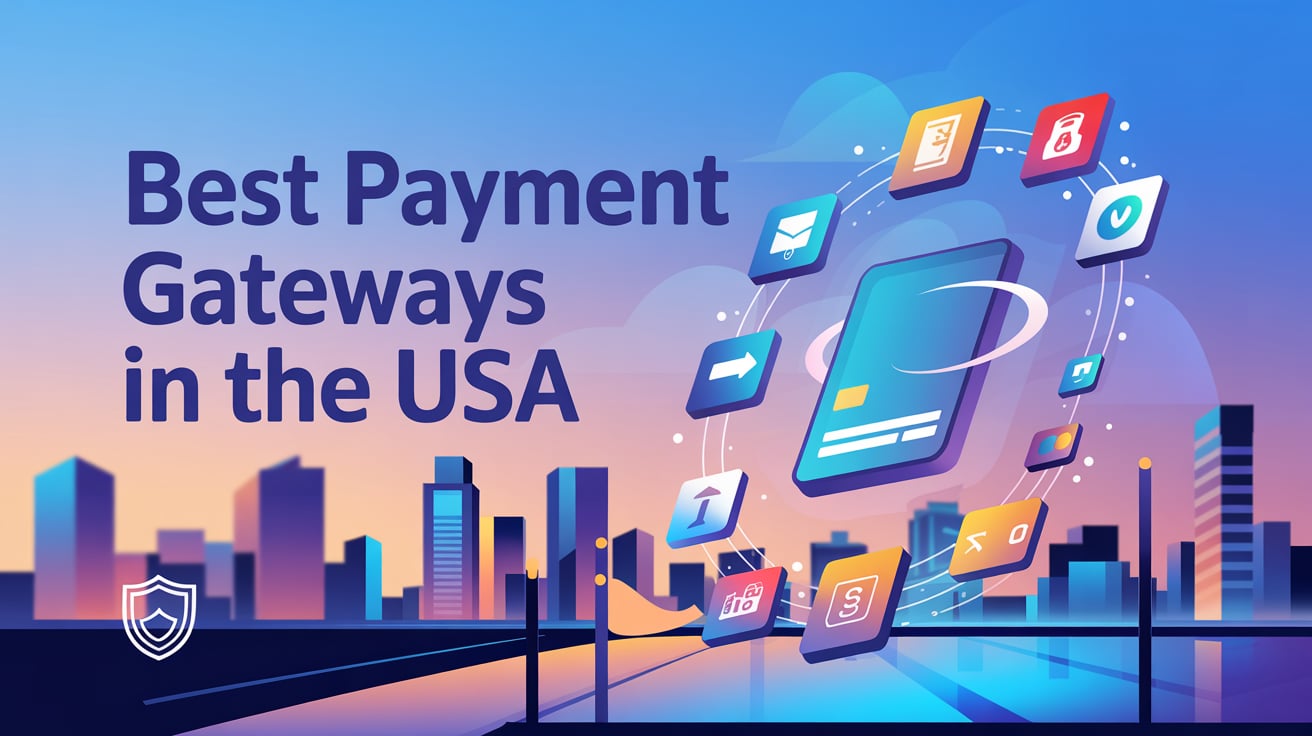

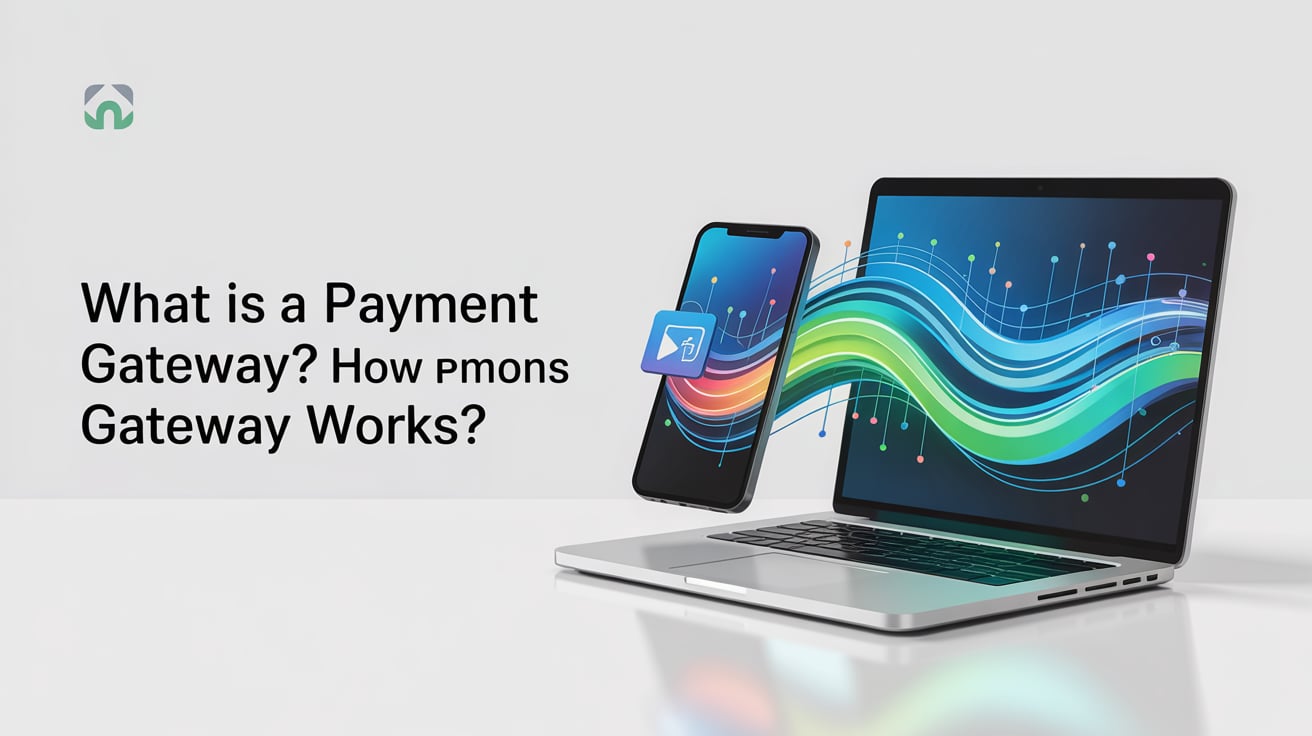
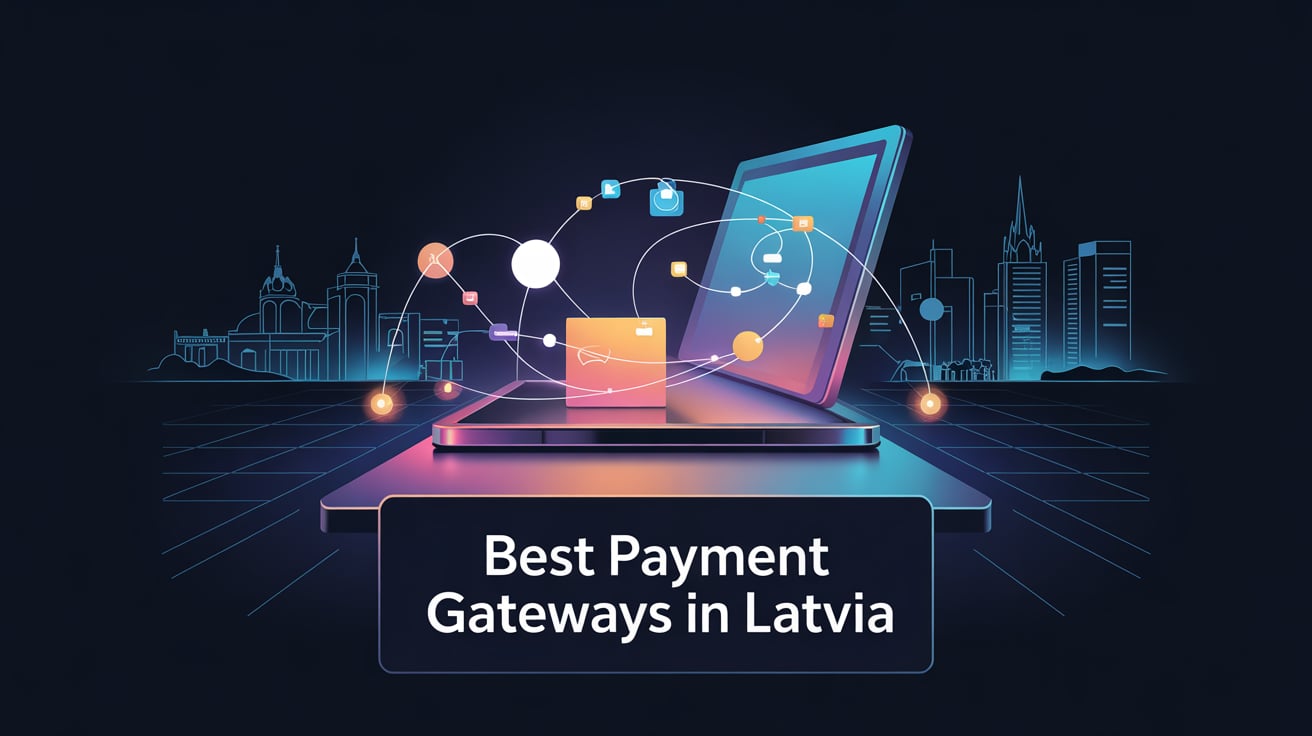

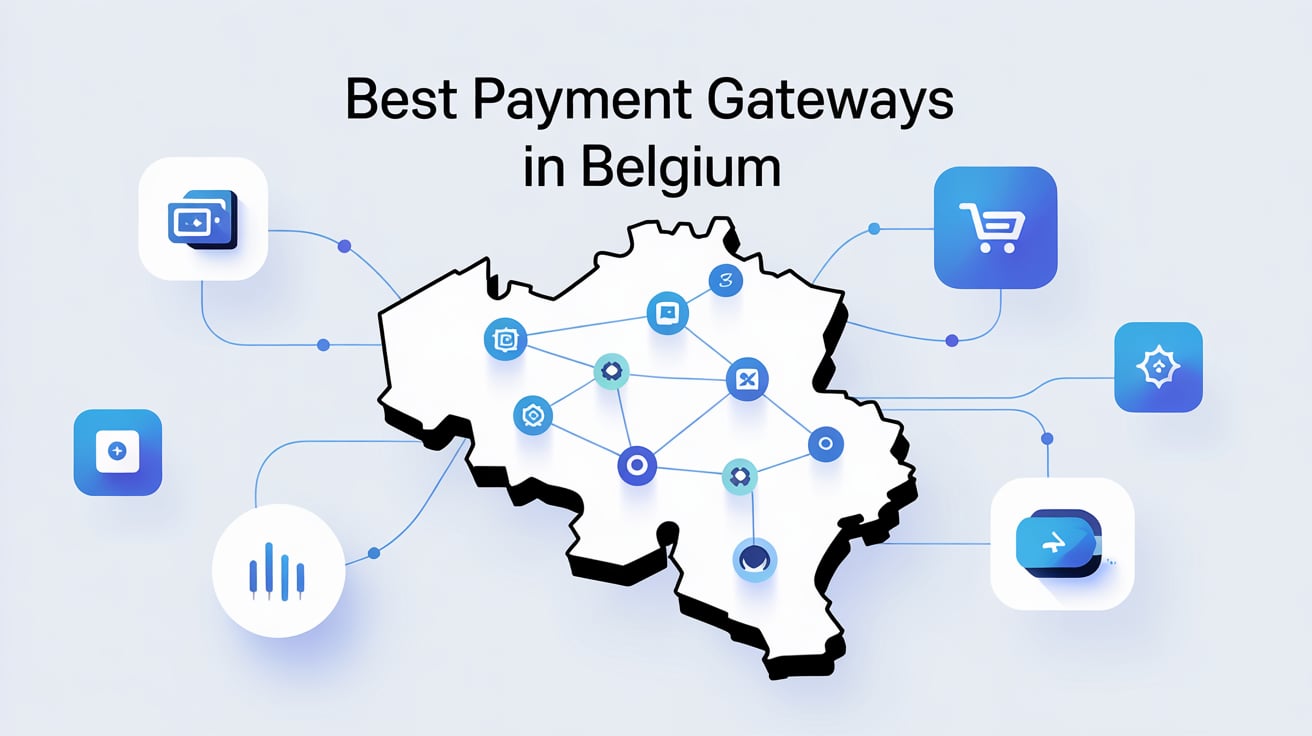
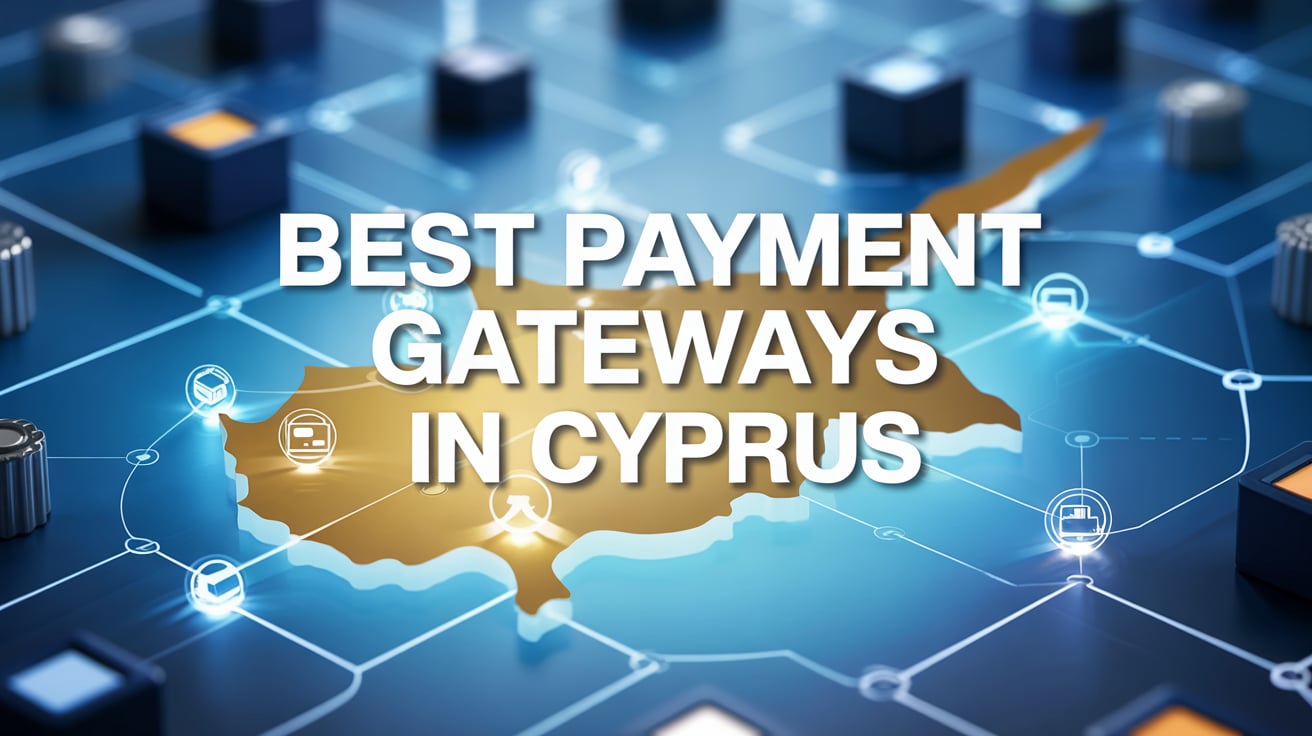
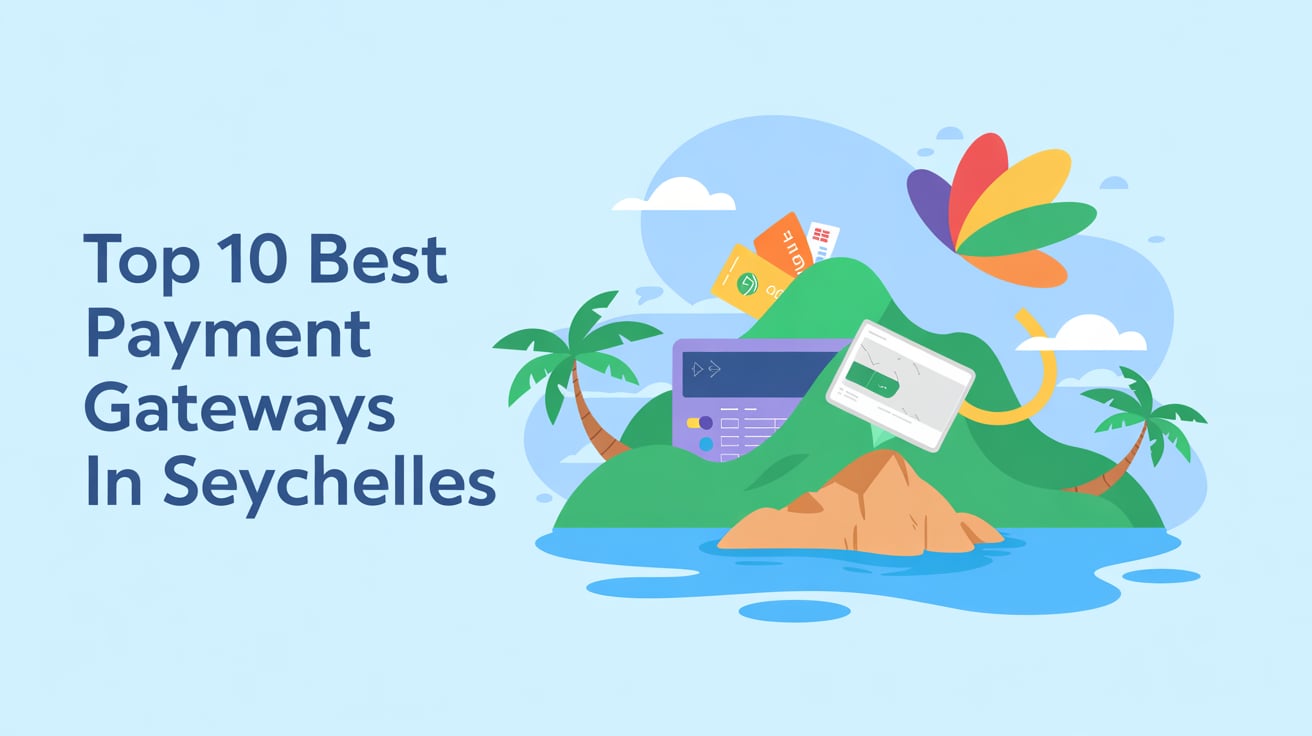
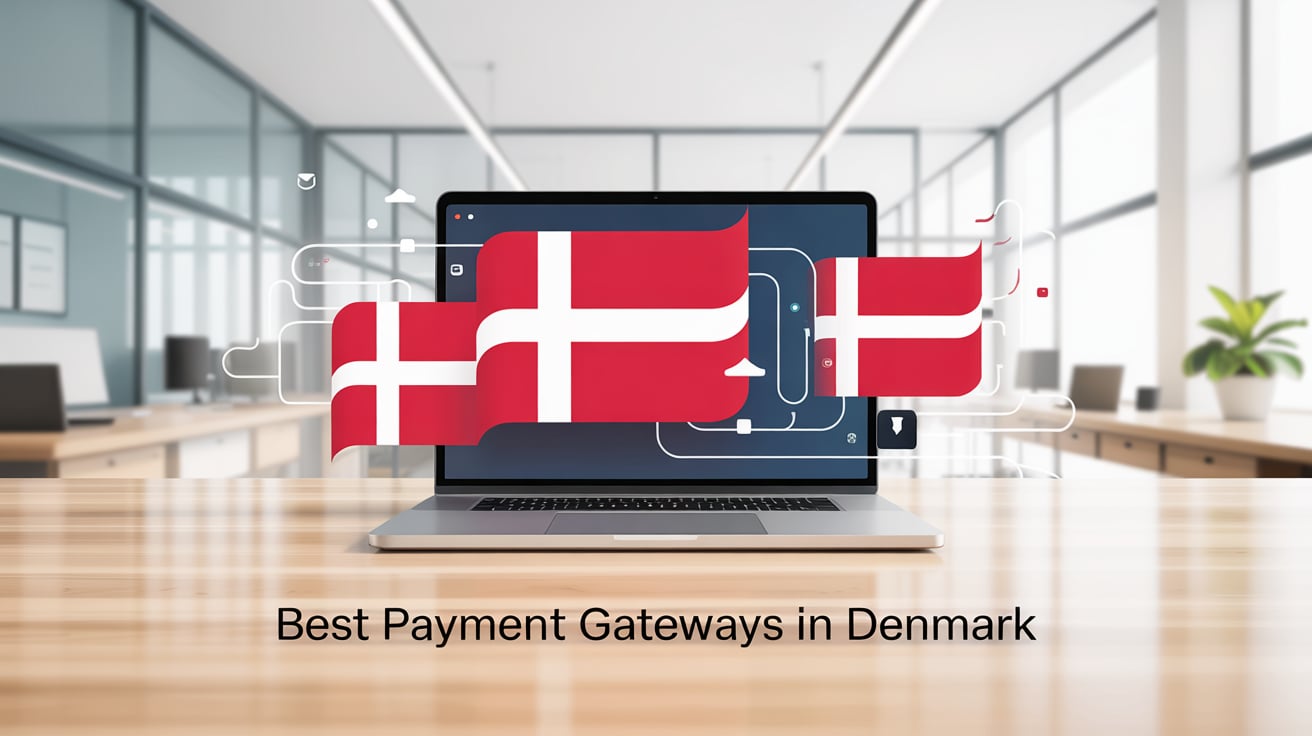
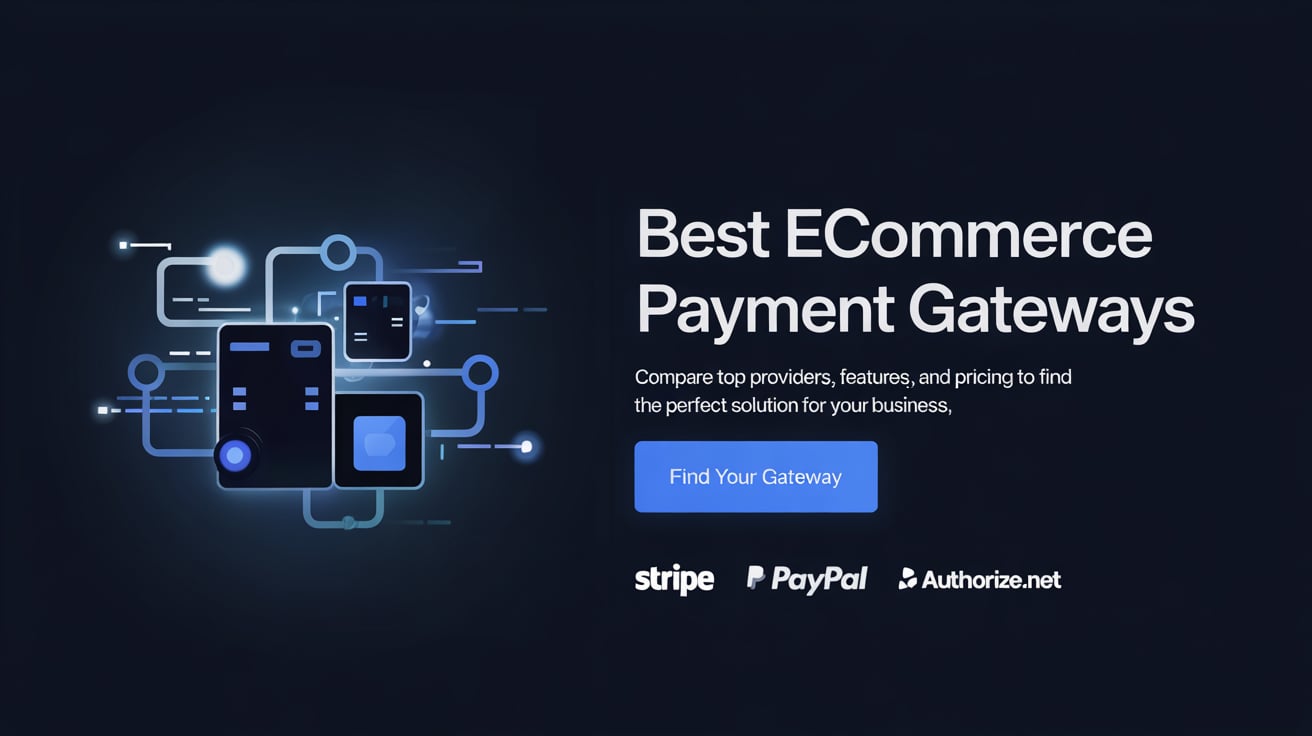
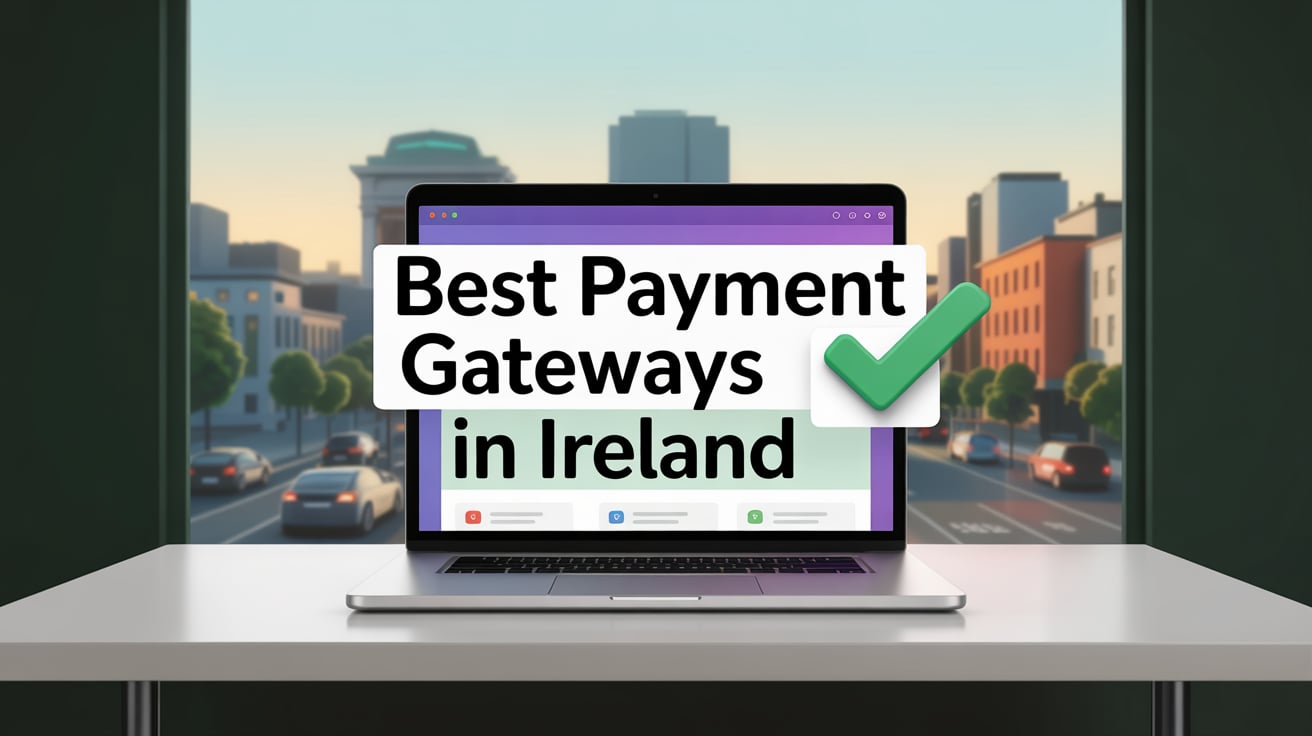

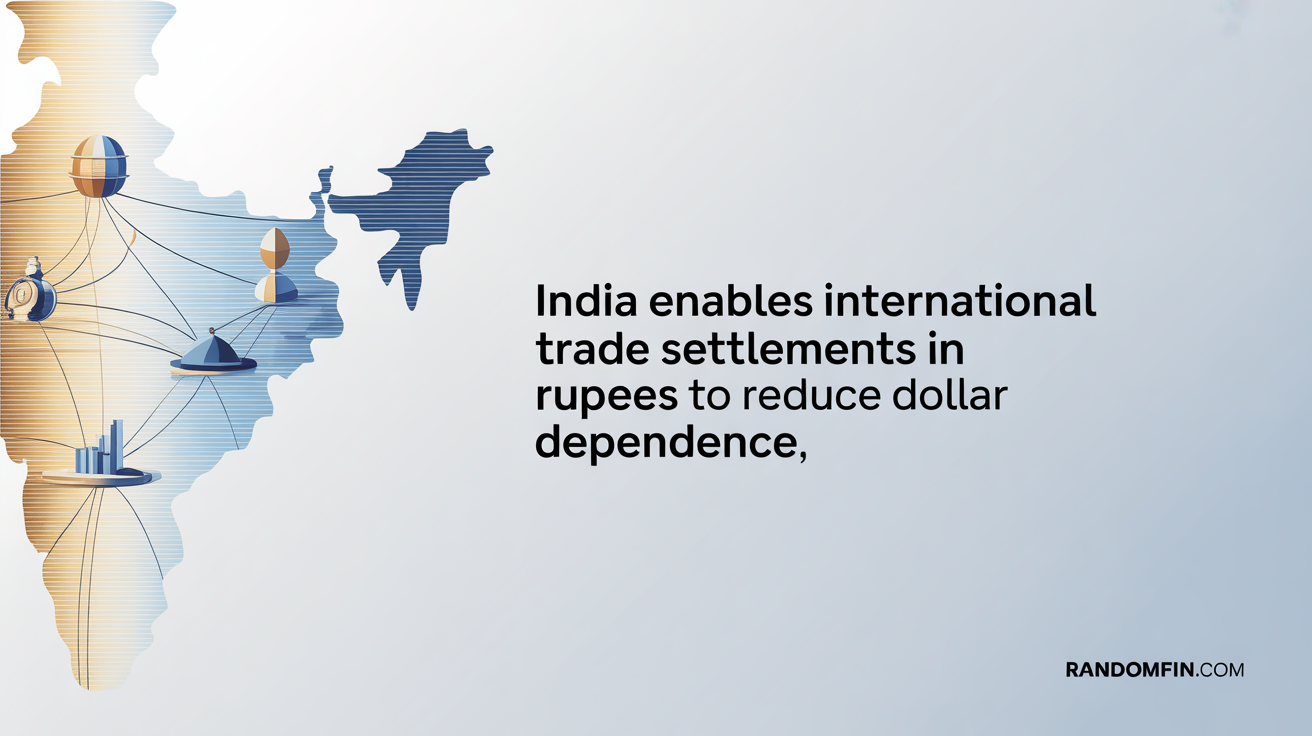

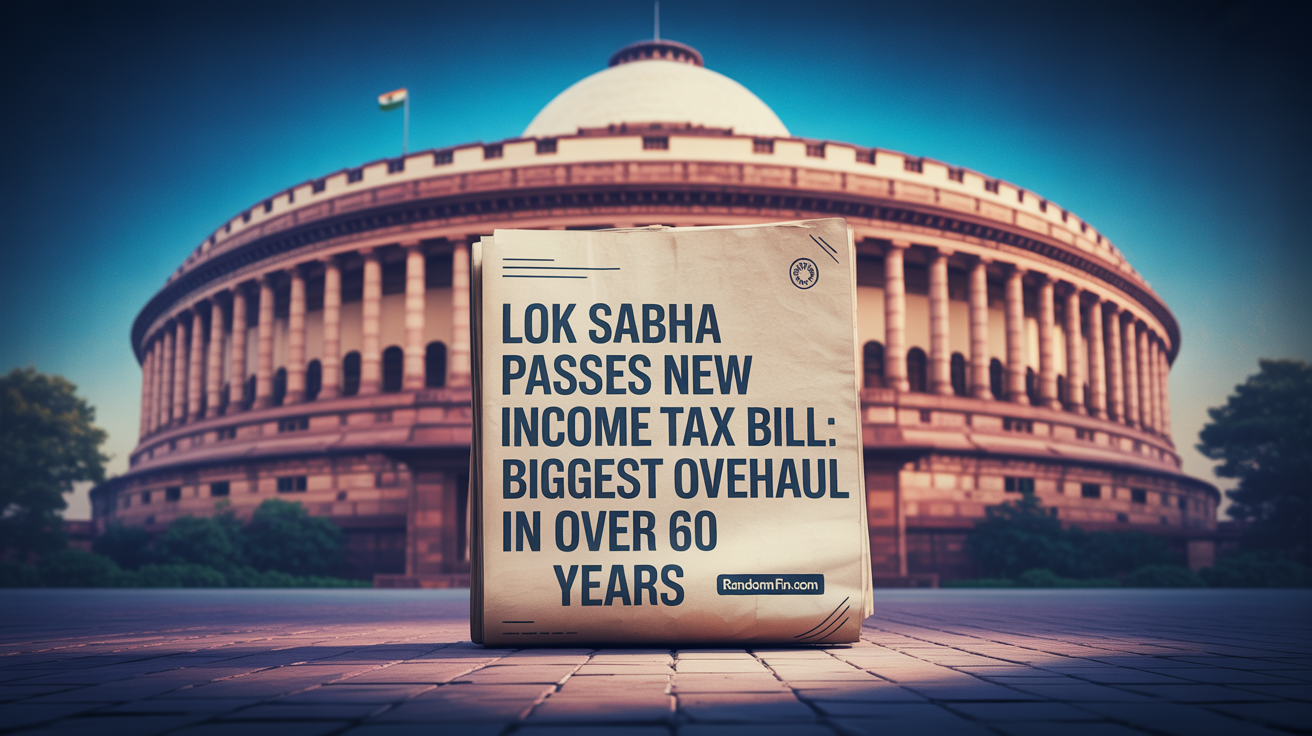
Leave a Reply